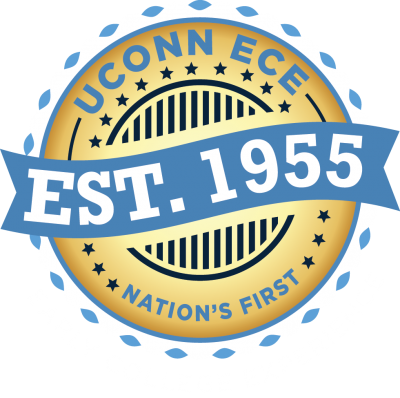- Course Catalog (PDF)
- Agricultural and Resource Economics
- Allied Health
- American Sign Language*
- American Studies
- Animal Science
- Anthropology
- Art
- Asian and Asian American Studies*
- Biological Sciences
- Business
- Chemistry
- Chinese
- Civil Engineering
- Classics & Ancient Mediterranean Studies
- Communication*
- Computer Science and Engineering*
- Digital Media & Design*
- Dramatic Arts
- Earth Sciences*
- Economics
- Education
- English
- Engineering
- French
- German
- History
- Human Development & Family Sciences
- Human Rights
- Italian Literature and Cultural Studies
- Kinesiology*
- Latino & Latin American Studies
- Marine Science
- Maritime Studies
- Mathematics
- Mechanical Engineering
- Music
- Natural Resources and the Environment
- Nutritional Sciences
- Pharmacy
- Philosophy
- Physics
- Plant Science
- Political Science
- Public Health
- Sociology
- Spanish
- Statistics
- University
Plant Science
Explore the UConn Plant Science (previously Sustainable Plant and Soil Systems) website for departmental information. Course descriptions below correspond to the UConn undergraduate directory of courses.
NOTE: Beginning in the 2025-26 academic year, the Department of Sustainable Plant and Soil Systems (SPSS) will be renamed to the Department of Plant Science (PLSC). Please be aware that this name change will also impact course numbering, with all courses transitioning from the SPSS designation to PLSC.
PLSC 1100: Turfgrass Management*
Three credits ($150). Offered Fall, Spring, or Full-year.
An overview of turfgrass adaptation, selection, and management. Topics include turfgrass growth, physiology, soil interactions, establishment, and maintenance. Cultural system practices for lawns, golf courses, athletic fields, and other turf areas. Turfgrass pest management practices for weeds, insects, and diseases.
Eligibility Guidelines: Successful completion of one year of high school biology recommended.
PLSC 1110: Fundamentals of Horticulture
Three credits ($150). Offered Fall, Spring, or Full-year.
Science and practice of horticultural plant propagation and culture. Basic concepts of plant structure, growth and function. Integrated pest management. Impact of new technology. Horticulture and the environment.
Eligibility Guidelines: Successful completion of one year of high school biology recommended.
PLSC 1150: Agricultural Technology and Society
Three credits ($150). Offered Fall, Spring, or Full-year.
Development of agricultural systems and technologies and their influence on societies. Topics include plant and animal domestication, food and industrial crops and centers of production, environmental issues, and agricultural ethics.
Eligibility Guidelines: Successful completion of one year of high school biology recommended.
PLSC 2120: Environmental Soil Science
Three credits ($150). Offered Fall, Spring, or Full-year.
Introduction to the physical, chemical and biological properties of soils. The relationship between soils and the growth of higher plants. Impact of soils on environmental quality.
Eligibility Guidelines: Successful completion of one year of high school chemistry recommended.
PLSC 2520: Floral Art
Two credits ($100). Offered Fall, Spring, or Full-Year.
The study of flower arrangement as an art form with emphasis on historical background, artistic principles, color harmony and care of perishable media. Individual expression is encouraged in the creation of floral composition.
Eligibility Guidelines: None.
PLSC 3230: Biotechnology- Science, Application, Impact, Perception
Three credits ($150). Offered Fall, Spring, or Full-year.
Scientific, legal, and ethical aspects of Biotechnology application in agriculture, health medicine, forensics, and the environment.
Eligibility Guidelines: Successful completion of one year of high school chemistry recommended.
PLSC 3245: Plant Breeding and Biotechnology
Three credits ($150). Offered Fall, Spring, or Full-year.
Principles and applications, economic, social and environmental impacts, advantages, potentials and limitations of major traditional and modern plant breeding technologies including crossing/hybridization, mutagenesis, genetic engineering and genome editing.
Eligibility Guidelines: A student must pass PLSC/ SPSS 3230 with a grade of a "C" or higher to continue on to PLSC 3245.
PLSC 3530: Advanced Floral Design
Two credits ($100). Offered Fall, Spring, or Full-year. Prerequisite: SLSC/SPSS 2520.
In-depth study of post-harvest requirements for specialized floral crops. Exposure to novel floral materials with an emphasis on special events and wedding designs. Mass marketing,retail price structuring and mass-production concepts are covered.
Eligibility Guidelines: A student must pass PLSC 2520 with a grade of a "C" or higher to continue on to PLSC 3530.
Instructor Certification Requirements:
The minimum requirements for instructors wishing to become certified to teach PLSC courses is a Bachelor's and Master's degrees in plant science or a related discipline and three years teaching experience. A Master's degree in Education may be acceptable if applicants completed sufficient undergraduate and graduate courses in plant science and related disciplines. Access to a lab, and other resources are required to support applied learning opportunities of the courses. Other factors that will be considered include instructor's experience in applied aspects of plant science and participation in professional development activities. Teachers must submit a detailed lecture and lab syllabus with their application for certification.
Instructor Resources:
SPSS 1100 Sample Syllabus (PDF)
SPSS 1110 Sample Syllabus (PDF)
SPSS 1150 Sample Syllabus (PDF)
SPSS 2120 Sample Syllabus (PDF)
SPSS 2520 Sample Syllabus (PDF)
SPSS 3230 Sample Syllabus (PDF)
SPSS 3245 Sample Syllabus (PDF)
SPSS 3530 Sample Syllabus (PDF)
* Pilot course. Instructors, please contact the UConn ECE Program Office before applying for these courses.

